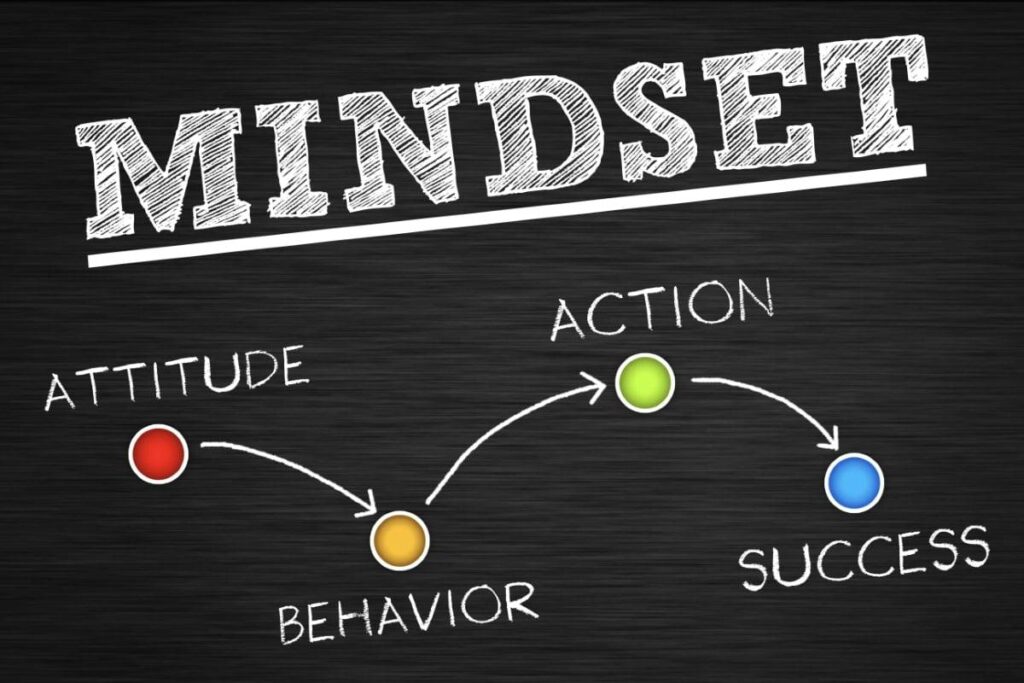In the competitive world of swimming, physical training and technique often take center stage-but an emerging focus on mental strength is reshaping how athletes approach the pool. A growing body of research highlights the profound impact of a positive mindset on performance, suggesting that the way swimmers think can be just as crucial as how they train. From boosting motivation and reducing anxiety to enhancing focus and resilience, the power of positive thinking is proving to be a game-changer. This article explores how swimmers at all levels are harnessing the influence of their thoughts to improve times, overcome setbacks, and transform their experience in the water.
The Science Behind Positive Thinking and Its Impact on Athletic Performance
Research in sports psychology increasingly underscores the profound influence of mental outlook on physical performance. When swimmers cultivate a positive mindset, their brains release neurotransmitters like dopamine and serotonin, which not only elevate mood but enhance focus, reaction time, and pain tolerance in the pool. This neurochemical boost aids athletes in maintaining endurance during grueling laps and executing flawless techniques under pressure. Moreover, a positive mental framework reduces the physiological impacts of stress, allowing swimmers to perform with clarity and confidence during competitions.
Beyond the biochemical effects, visualization and affirmations-core components of positive thinking-help shape the swimmer’s neural pathways related to motor skills and muscle memory. Athletes who consistently practice optimistic self-talk and envision winning races demonstrate measurable improvements in their swim times and consistency. The data shows how mindset can tangibly improve outcomes:
| Mental Practice | Performance Impact | Average Improvement |
|---|---|---|
| Positive Self-Talk | Increased motivation and reduced anxiety | 3-5% faster swim times |
| Visualization Techniques | Enhanced motor skills and focus | 4-6% improved stroke efficiency |
| Mindfulness & Relaxation | Lowered cortisol levels and better recovery | Improved endurance by 7% |
- Neuroplasticity: Positive thinking physically rewires the brain for better athletic execution.
- Stress Reduction: Reducing negative thoughts lowers cortisol, enabling faster recovery.
- Enhanced Focus: Optimism promotes sustained concentration during high-stress races.
How Mindset Shifts Can Improve Technique and Endurance in the Pool
Adopting a growth-oriented perspective in swimming can be a game-changer, unlocking improvements in both technique and endurance. When swimmers view challenges as opportunities rather than obstacles, they become more receptive to feedback and persistent in their training. This mental shift encourages a focus on incremental progress, allowing athletes to adjust stroke mechanics and breathing patterns with patience and precision. By embracing mistakes as part of the learning curve, swimmers develop resilience and avoid burnout, leading to more consistent, long-term gains in the pool.
Key mindset adjustments include:
- Emphasizing effort over outcome: Concentrating on the process rather than just race results cultivates sustainable improvements.
- Visualizing success: Mentally rehearsing efficient strokes and endurance can reinforce neural pathways that enhance actual performance.
- Adopting positive self-talk: Replacing self-doubt with encouragement minimizes fatigue and keeps motivation high.
| Mindset Shift | Effect on Technique | Effect on Endurance |
|---|---|---|
| Growth Mindset | Improved stroke adaptation | Enhanced stamina through persistence |
| Positive Visualization | Smoother, more efficient movements | Delayed onset of fatigue |
| Positive Self-talk | Reduced technical errors under pressure | Increased mental toughness during long sets |
Practical Strategies Swimmers Can Use to Cultivate a Winning Mental Attitude
Building a resilient mindset in the pool begins with daily mental habits that reinforce confidence and focus. Swimmers are encouraged to visualize success vividly before every practice or competition, imagining themselves executing perfect strokes and powerful finishes. Incorporating mindfulness techniques like controlled breathing or short meditation sessions can help regulate pre-race nerves, turning anxiety into energized concentration. Equally important is setting micro-goals during workouts-small, achievable targets that keep motivation high and create a clear sense of progression.
Adopting structured reflection also proves invaluable. Maintaining a performance journal allows swimmers to document breakthroughs and setbacks, fostering self-awareness and outlining practical next steps. Coaches and athletes alike benefit from sharing feedback openly, focusing on constructive critique over criticism. Below is a simple framework swimmers can use to evaluate their mental preparedness:
| Aspect | Positive Approach | Common Pitfall |
|---|---|---|
| Focus | Concentrate on task, block distractions | Dwelling on past mistakes |
| Confidence | Recall past successes | Comparing self to others negatively |
| Resilience | View setbacks as learning | Giving up after failure |
The Conclusion
In the competitive world of swimming, the impact of a positive mindset extends beyond physical training and technique. As experts and athletes alike emphasize, cultivating constructive thoughts not only enhances performance but also builds resilience in the face of challenges. By harnessing the power of optimism and mental focus, swimmers can unlock new levels of achievement in and out of the pool. Ultimately, the influence of the mind proves to be as critical as muscle, underscoring that success in swimming is as much a mental game as it is a physical one.





